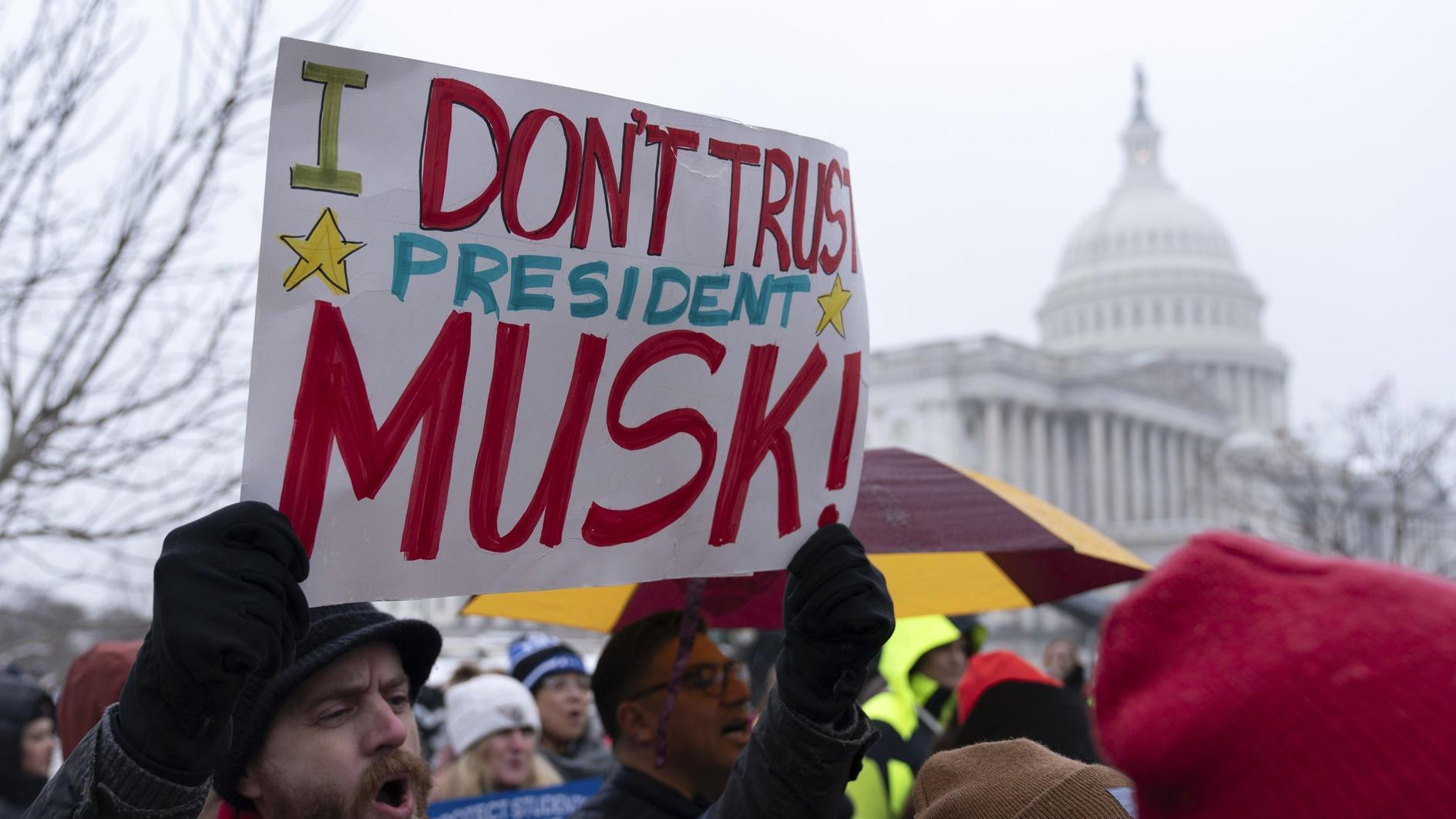
Young engineers deployed across the U.S. government as part of Elon Musk's Department of Government Efficiency have triggered alarm throughout Washington's security establishment.
Never before has a group of unvetted and inexperienced outsiders gained such access to the nerve center of the U.S. government, according to security experts.
The campaign, led by Musk's DOGE team, began at the Treasury Department when they took control of the U.S. government's payment system, a move justified as monitoring public spending.
From there, it expanded into an unprecedented cost-cutting initiative, with software engineers spreading across federal agencies, taking control of computer systems.
They have disrupted and in some cases effectively shuttered organizations such the United States Agency for International Development (USAID), the Department of Education, and the General Services Administration (GSA), which manages much of the government's infrastructure and building portfolio.
"In the span of just weeks, the U.S. government has experienced what may be the most consequential security breach in its history," wrote Bruce Schneier, a security technologist at the Harvard Kennedy School, and Davi Ottenheimer of Inrupt, a data infrastructure company, in Foreign Policy.
The situation is particularly critical at the Bureau of Fiscal Services, the Treasury unit managing all federal payments, a crucial chokepoint of the U.S. economy.
An internal report by an outside contractor warned that the access given to the DOGE team "poses the single greatest insider threat risk the Bureau has ever faced."
The computer systems in question rank among the world's most complex and sensitive.
Yet DOGE is staffed primarily with individuals connected to Musk's companies and young tech professionals in their 20s, virtually none of whom have been vetted, or have government experience.
As for Musk himself, who is unelected, there are concerns about his conflicts of interest, as his companies hold several major government contracts, and whether access to sensitive data will give his business empire an even greater advantage.
Meanwhile, senior government workers with decades of system expertise have been blocked from buildings and sidelined by DOGE teams, raising concerns among those who understand the intricate vulnerabilities of government technology.
The consequences are already emerging.
Security experts Schneier and Ottenheimer are especially troubled by the removal of career officials who managed security measures.
"The Treasury's computer systems have such an impact on national security that they were designed with the same principle that guides nuclear launch protocols: No single person should have unlimited power," they wrote.
The risk of mistakes has alarmed cybersecurity experts, including Michael Daniel, former White House cybersecurity coordinator under Barack Obama and current head of the Cyber Threat Alliance.
"The Chinese, the Russians, other intelligence services - they put their A-teams on projects that target the U.S. government, and they will exploit any opportunity they have," Daniel warned.